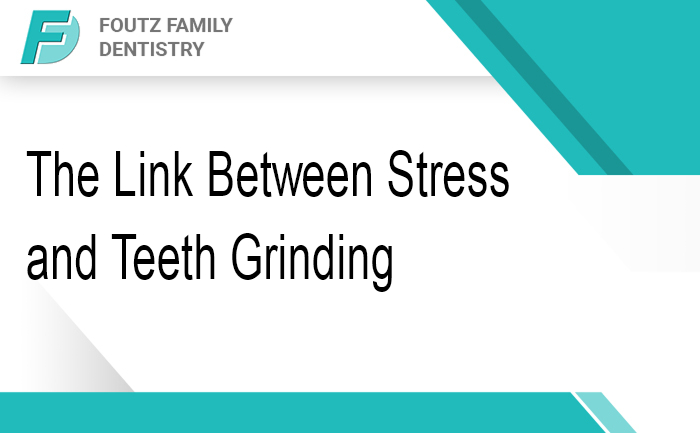
For some people, stress shows up as restless nights or tension headaches. For others, it means waking up with sore jaws or teeth that feel too sensitive. The hidden culprit is often teeth grinding, a habit that sneaks in when you go to sleep feeling anxious or upset.
Known as bruxism, teeth grinding is common, but its connection to stress is tricky. You may not realize it’s happening while you sleep until damage is done to your oral health. Luckily, understanding how stress plays into bruxism can help you determine how to protect your teeth and overall well-being.
What Exactly is Teeth Grinding (Bruxism)?
Bruxism is the clenching or grinding of teeth, often happening when someone is unconscious during sleep. While occasional grinding doesn’t cause major harm, frequent or forceful grinding wears down enamel and chips teeth while straining jaw muscles. Over time, it can lead to chronic discomfort and expensive dental repairs.
There are two types of bruxism: awake bruxism, which is linked to jaw clenching during the day, and sleep bruxism, which is more challenging to control because it happens at night. Stress fuels both, but sleep bruxism is more common when anxiety feels overwhelming.
How Stress Triggers Nighttime Grinding
Stress creates tension throughout the body, and the jaw is one place where it shows. When you carry stress or anxiety into sleep, your muscles may contract unconsciously, leading to teeth grinding. This can happen even if you don’t remember feeling especially anxious, overwhelmed, or stressed before bedtime.
Research suggests that people under stress may also experience sleep disruptions. Those nocturnal disturbances make the nervous system more active during the evenings, increasing risk of jaw clenching and teeth grinding.
Unfortunately, the more stress builds and affects your mindset, the stronger and more frequent teeth grinding episodes become.
Signs You Might Be Grinding Without Realizing It
Because bruxism happens at night, many people don’t know they’re grinding their teeth until a dentist sees the signs. However, there are a few telltale signs, such as:
- Morning headaches
- Sore or tight jaw muscles
- Teeth that feel sensitive, especially directly after waking up
Look for physical changes to your teeth, too. Flattened or chipped teeth, worn enamel, and intentions on your tongue or cheeks may indicate grinding as a nightly habit. Do you sleep with a partner? Ask them if they hear teeth grinding sounds while you sleep. Often times, spouses will notice a loved one’s bruxism first.
Effective Treatments and Stress-Relief Strategies
Managing teeth grinding or bruxism takes a two-part approach: protecting your teeth and lowering stress. At Foutz Family Dentistry , we commonly recommend custom night guards that act as a cushion between teeth to reduce damage. Routine checkups can also help you track wear or catch problems before they worsen.
On the stress side, relaxation techniques, such as deep breathing, meditation, or yoga, can help ease tension that may fuel nighttime teeth grinding. Create a calming bedtime routine, avoid evening caffeine, and exercise regularly to help reduce nocturnal clenching. In some severe cases, professional therapy or medication may help better manage both stress and bruxism.









